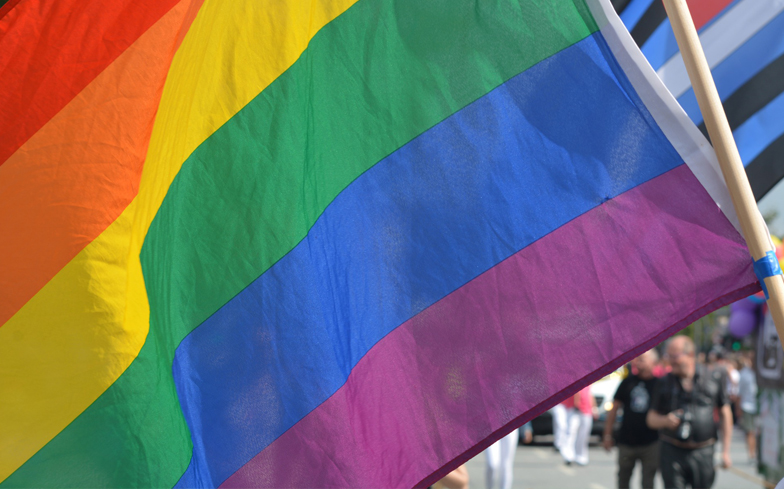
Lawmakers said anti-LGBTQ laws in the country were “redundant”.
The Asian country of Bhutan could be the next country to legalise homosexuality, after it began reviewing its penal code. Lawmakers began striking down anti-LGBTQ laws yesterday (June 7) after removing sections 213 and 214 of its previous penal code.
These sections made ‘unnatural sex’ illegal, and were used against the LGBTQ community. If people were convicted of the offence, they could have been jailed for up to one year.
The removal of the laws now awaits the approval of Bhutan’s National Assembly.
Activists praised the removal of the sections. A spokesperson from Rainbow Bhutan told journalist Namgay Zam in a Facebook video: “The fight that we have carried for the past four or five years finally bears fruit.”
The idea to remove the sections from the penal code came from finance minister Lyonpo Namgay Tshering, he noted that the laws were “redundant” due to the fact they were never enforced.
He added that the laws were an “eyesore for international human rights bodies.”
Instances of people being open about their LGBTQ identity are rare in Bhutan, although last year a same-sex couple reported having positive feedback from their families when they went open with their relationship. The United Nations Development programme estimated there to be around 9,105 MSM (men who have sex with men) living in the country.
If the country does legalise homosexuality, it will follow in the footsteps of one of its closest neighbours, India. Last year, India’s Supreme Court struck down the archaic section 377 of its penal code.
Danish Sheikh, a law professor at Jindal Global Law School and LGBT advocate, said that the change in legislation will “create a space of freedom where you can start expecting justice”.
Earlier this year, the African nation of Angola also legalised homosexuality, however, sadly, Kenya did not follow suit. Last month, the country’s high court ruled that homosexuality would remain illegal, as the three judges claimed they hadn’t seen enough evidence that anyone had actually been discriminated against by the laws.



